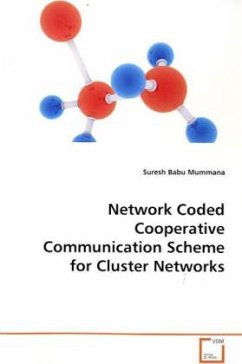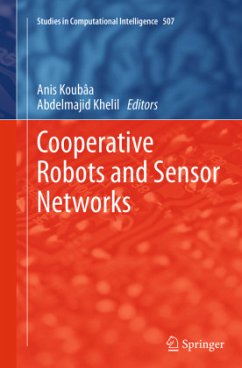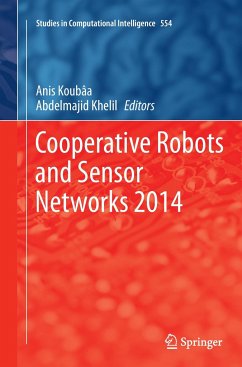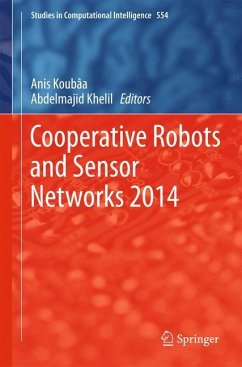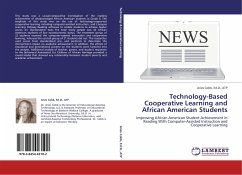
Diversity in Cooperative Networks
How to Achieve and Where to Exploit?
Versandkostenfrei!
Versandfertig in 6-10 Tagen
45,99 €
inkl. MwSt.

PAYBACK Punkte
23 °P sammeln!
Recently, there has been much interest in modulationtechniques to achieve transmitdiversity motivated by the increased capacity ofmultiple-input multiple- output (MIMO)channels. It is affordable to equip base stationswith more than one antenna, but it isdifficult to equip the small mobile units with morethan one antenna. In such a case,transmit diversity can only be achieved through usercooperation leading to what is knownas cooperative diversity. Cooperation provides a newdimension over which higher diversityorders can be achieved.In this thesis, we consider the design of protocolsthat allow ...
Recently, there has been much interest in modulation
techniques to achieve transmit
diversity motivated by the increased capacity of
multiple-input multiple- output (MIMO)
channels. It is affordable to equip base stations
with more than one antenna, but it is
difficult to equip the small mobile units with more
than one antenna. In such a case,
transmit diversity can only be achieved through user
cooperation leading to what is known
as cooperative diversity. Cooperation provides a new
dimension over which higher diversity
orders can be achieved.
In this thesis, we consider the design of protocols
that allow several terminals to cooperate
via forwarding each others' data, which can increase
the system reliability by achieving
spatial cooperative diversity. We consider the
problem of how to achieve and where to
exploit diversity in cooperative networks?
techniques to achieve transmit
diversity motivated by the increased capacity of
multiple-input multiple- output (MIMO)
channels. It is affordable to equip base stations
with more than one antenna, but it is
difficult to equip the small mobile units with more
than one antenna. In such a case,
transmit diversity can only be achieved through user
cooperation leading to what is known
as cooperative diversity. Cooperation provides a new
dimension over which higher diversity
orders can be achieved.
In this thesis, we consider the design of protocols
that allow several terminals to cooperate
via forwarding each others' data, which can increase
the system reliability by achieving
spatial cooperative diversity. We consider the
problem of how to achieve and where to
exploit diversity in cooperative networks?




